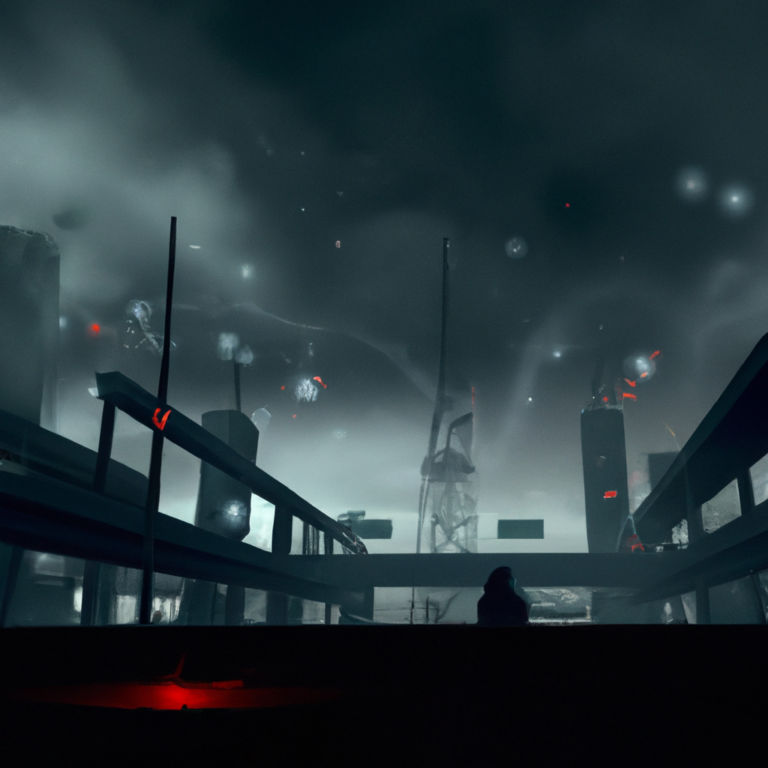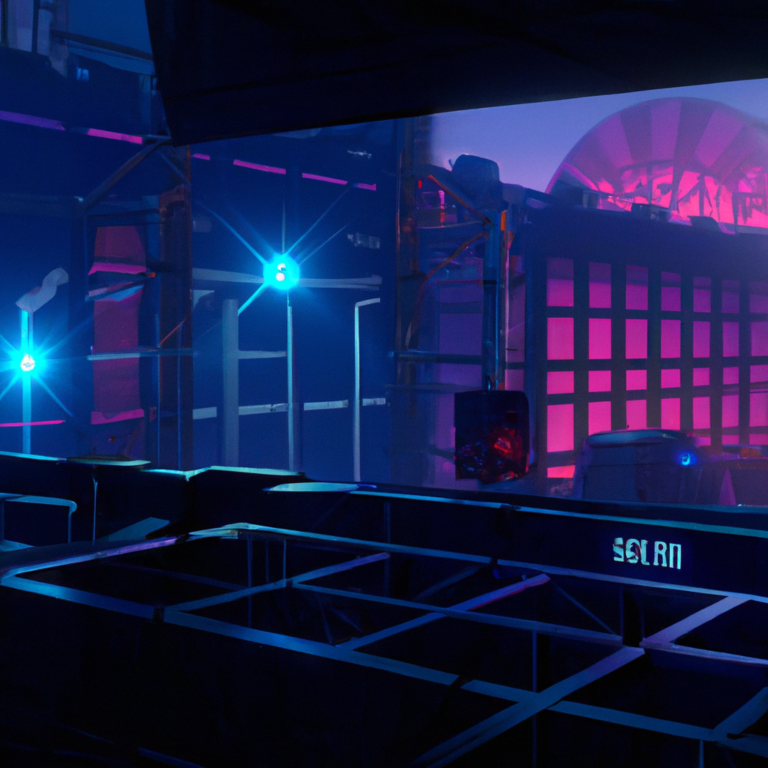“Mastering the Art of Video Game Development: Tips, Tricks, and Industry Insights for Aspiring Game Designers”
Title: The Wonderful World of Video Game Development: A Journey Through Creativity and Innovation
Introduction
Video game development is a fascinating field, combining the best of technology, creativity, and storytelling to create immersive and engaging experiences for players. The process of bringing a video game to life is both complex and rewarding, involving a team of dedicated individuals working together to make something truly special. In this blog post, we will explore the exciting world of video game development, discuss the various stages of the process, and provide some insight into the skills and disciplines required in the industry.
The Development Process
The journey of a video game from concept to completion can be broken down into several key stages. While the specific details may vary depending on the type and scale of the project, the general development process remains relatively consistent across the industry.
1. Conceptualization and Design
The first step in creating a new video game is to develop an idea or concept. This can come from a variety of sources, such as a game designer’s own imagination, inspiration from other games, or even a specific request from a publisher or investor. During this stage, the team will brainstorm ideas, create concept art, develop storylines and characters, and establish the overall gameplay mechanics.
2. Pre-production and Planning
Once the core concept has been established, the project moves into the pre-production phase. This is when the team creates a detailed development plan that outlines the scope, budget, timeline, and resources required for the project. Key milestones and deadlines are identified, and a thorough risk assessment is conducted to identify potential challenges and ensure the project is feasible.
3. Production
This is the meat of the development process and involves several sub-disciplines working together to bring the game to life. Programmers write the code that makes the game run, while artists create the visual assets such as characters, environments, and user interfaces. Designers work on refining the gameplay mechanics, level design, and overall player experience. Sound designers and composers create the audio elements and music that bring the world to life. Throughout the production process, the team will regularly test and iterate on the game, making adjustments and improvements as necessary.
4. Quality Assurance and Testing
As the game nears completion, a dedicated quality assurance (QA) team will rigorously test every aspect of the game, looking for bugs, glitches, and other issues that may impact the player experience. The QA team provides valuable feedback, allowing the developers to make any necessary fixes and polish the final product.
5. Marketing and Release
Once the game has been thoroughly tested and deemed ready for release, the marketing team will begin promoting the game through various channels, such as social media, public relations, and events. Finally, the game is released to the public, either through digital distribution platforms or as physical copies in retail stores.
Key Disciplines in Video Game Development
There are several distinct disciplines within the world of video game development, each requiring a unique set of skills, knowledge, and passion.
– Game Designers: Responsible for creating and refining the gameplay mechanics, story, and overall player experience.
– Programmers: Write the code that brings the game to life, creating the underlying systems and logic that make everything work.
– Artists: Produce the visual assets of the game, including characters, environments, and user interfaces.
– Sound Designers and Composers: Create the audio elements of the game, including sound effects, music, and voiceover work.
– Producers: Oversee the development process, ensuring that the project stays on schedule, within budget, and maintains a high level of quality.
Conclusion
The world of video game development is a diverse, challenging, and incredibly rewarding field. It takes a dedicated team of talented individuals to bring a game to life, and the process is full of creativity, innovation, and collaboration. Whether you’re a programmer, artist, designer, or producer, there’s a place for you in this exciting industry. So, if you’ve ever dreamed of creating a world of your own or telling a story through interactive experiences, consider diving into the world of video game development and make your mark on the digital landscape!




